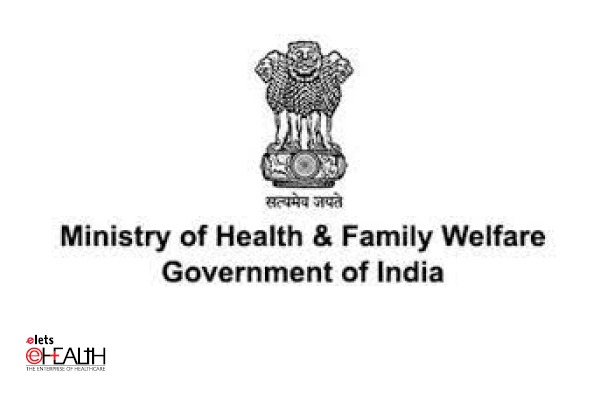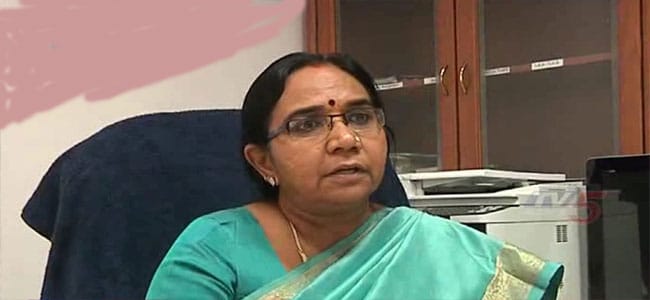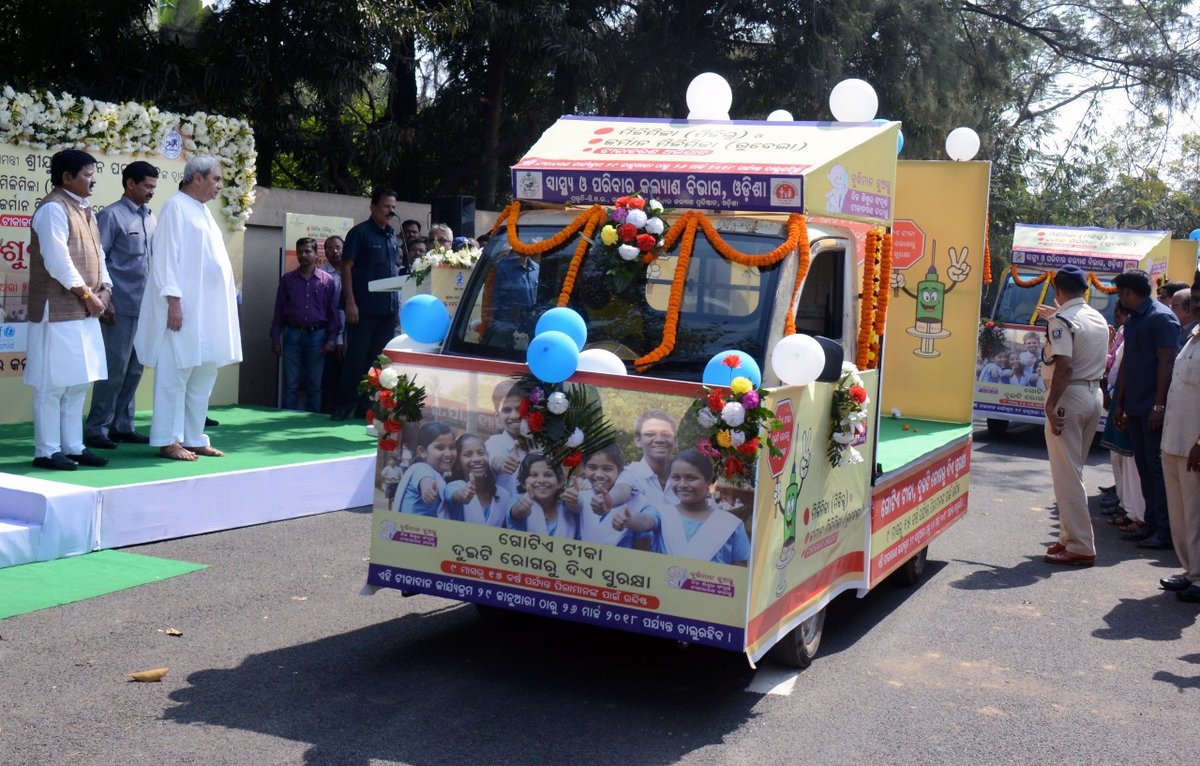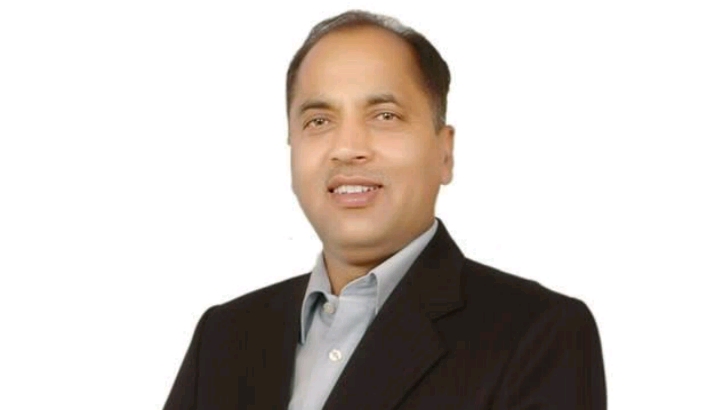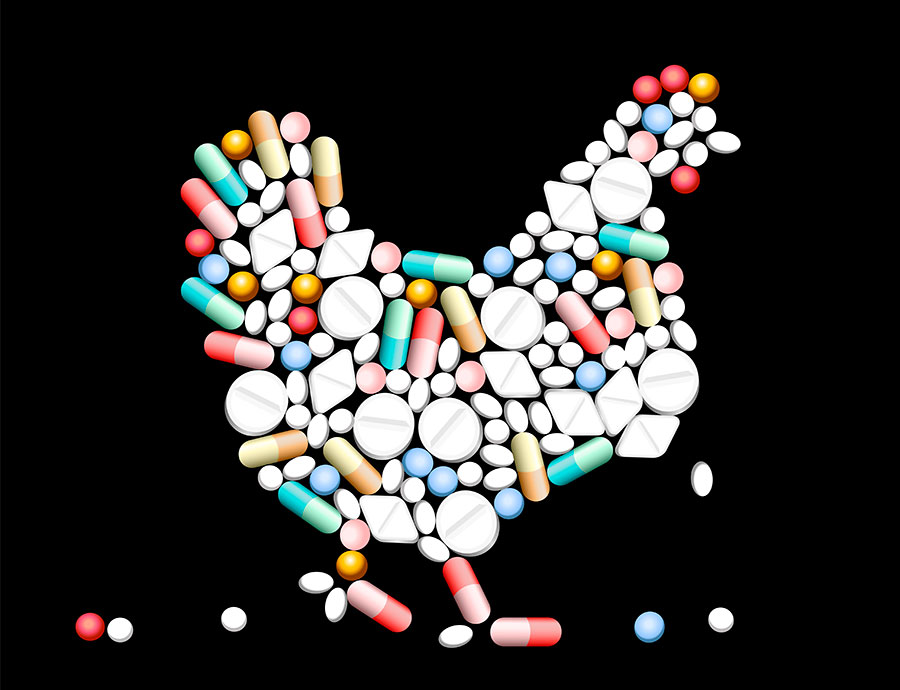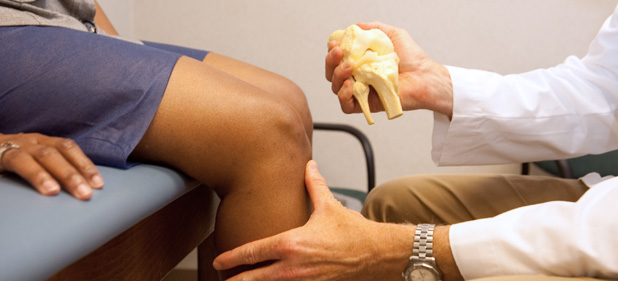
With more than 63 million diabetic patients, India is second only to China in the number of people living with the ailment. With a racial predisposition to diabetes and rapidly changing lifestyles, India is certainly on course to become the diabetes capital of the world. What is more worrying is that we have 77 millions prediabetic, one third of whom may get converted to diabetes if preventive strategies are not implemented. However, the concept of preventive measures has still not taken root in the Indian society.

The Research Society for the Study of Diabetes in India (RSSDI) is Indias premiere organization in diabetes research whose objective is to promote indigenous research in the country that will enable the medical fraternity devise solutions more indigenous to the country.
RSSDI today announced their National Annual Conference for 2013, scheduled to be held from November 8-10, 2013. The conference will see a gathering of top experts from across the country and will unfold new findings and studies in the field of diabetes based on researches.
As part of its efforts to augment research and advocacy, RSSDI is undertaking a major country-wide research project to find indigenous ways to cut the risks of diabetes and prevent the growing population of prediabetics from acquiring type 2 diabetes.

The Indian Prevention of Diabetes Study (IPDS) being conducted across five centers in India “ Bangalore, Mumbai, Pudducherry, Hyderabad and being coordinated from Delhi (the nodal centre) by Dr Madhu “ would analyze the long term impact of administration of fenugreek powder and adoption of a fixed yoga module in preventing diabetes. The study being conducted on 1500 subjects over three years is aimed at finding the benefits of yoga in preventing prediabetics from advancing to a higher stage of diabetes.
This study has been undertaken after a pilot study found encouraging correlation between yoga and reduced risk of developing diabetes in high risk people. This is the first of its kind study to find indigenous ways to prevent diabetes, said Dr. Prof. S. V. Madhu, Organizing Chairman, RSSDI, at the press conference today.
Prof S V Madhu, Head, Endocrinology & Metabolism, University College of Medical Science, Delhi also informed that an ICMR funded study conducted at his centre had provided evidence and support for a significant role of stress in the development of type 2 diabetes mellitus. The comprehensive study on the development and prevention of type 2 diabetes conducted at the University College of Medical Sciences, Delhi concluded that people with more stressful life events would be at higher risk of developing diabetes mellitus.
Given its heredity run, diabetes can run in families”. Researchers believe that certain genes affecting immune response can play a role in the development of type 1 diabetes, while genes affecting insulin function can contribute to the development of type 2 diabetes, Indians as a race are believed to have a greater insulin resistance and hence a predisposition towards type 2 diabetes, emphasized Dr Rajeev Chawla, Organizing Secretary, RSSDI.
The three-day conference to be held in November will be the 41st annual conference of RSSDI which invites latest research in the field of diabetes from across the country. RSSDI will also conduct a Diabetes Walk coinciding with the conference to spread awareness about the ailment.
Apart from Prof. Madhu and Dr. Chawla, Dr. B.M. Makkar, Honorary Treasurer, RSSDI also addressed the press conference and shared his latest findings in the field.
In a study of more than 600 patients conducted at the Diabetes & Obesity Centre, it was found that almost 85 per cent of the type 2 diabetics were overweight. However, only 6-10 per cent of the obese people were aware that they were overweight and that it was a medical condition that put them in a higher risk bracket for diabetes.
Our survey found that despite obesity being a major driver to type 2 diabetes, the level of awareness among overweight people was dangerously abysmal. Only 6-10 pc knew that they were overweight while almost 90 pc did not even admit they had a problem with weight, said Dr Makkar, talking about the study conducted at the Diabetes & Obesity Centre, which he heads.
Even if your parents and forefathers have had diabetes there are preventive measures that could still help you have a diabetes-free life and have future generations with a lower risk of getting diagnosed with diabetes. It is time that we do not make-believe that we are a race pre-disposed to diabetes and nothing much can be done. With RSSDIs constant efforts, interventions, researches and findings, all of us should believe in possibilities to win over diabetes, he added.
While we all that we are sitting on a diabetes time bomb. But, within this there are several issues that are not much talked about, for example, the fact that lakhs of women acquire diabetes during pregnancy, that urbanization is a factor in the growing incidence of diabetes and that there are a series of myths still associated with diabetes in India.
To address these issues of concern, it is crucial to promote more and more local research in the country and analyze our findings in the local context, rather than depending on western studies. Our annual conference is a major step in that direction and through our platform many credible findings have emerged over the years, added Dr Madhu, Head, Department of Endocrinology & Medicine, University College of Medical Sciences and GTB Hospital, Delhi.
Be a part of Elets Collaborative Initiatives. Join Us for Upcoming Events and explore business opportunities. Like us on Facebook , connect with us on LinkedIn and follow us on Twitter , Instagram.


